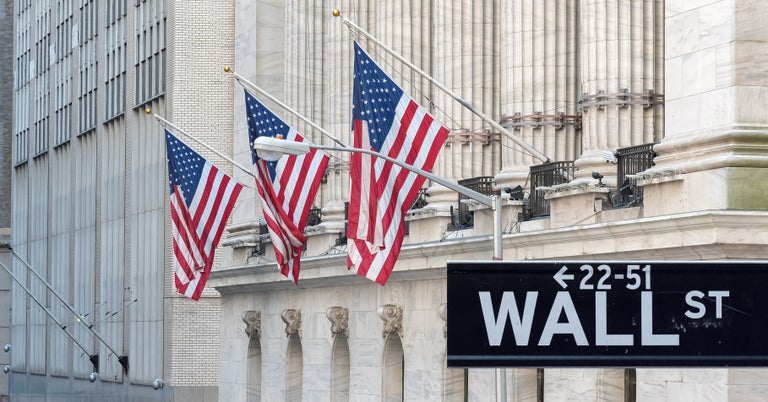Smart Money Fleeing U.S. Stocks Amid Valuation Concerns, as More Opportunities Found 'Outside,' BoA Finds!
Global stocks have become the most favored asset class, as investors show growing skepticism toward U.S. equities, according to Bank of America's latest Fund Manager Survey.Investors are exhibiting an

Global stocks have become the most favored asset class, as investors show growing skepticism toward U.S. equities, according to Bank of America's latest Fund Manager Survey.
Investors are exhibiting an increased willingness to take risks, with fund managers' cash levels dropping to their lowest point since 2010. A net 34% of respondents believe global equities will be the top-performing asset in 2025, while 11% remain underweight in bonds.
This newfound bullishness is driven by expectations of strong global economic growth and the prospect of lower U.S. interest rates in 2025. Fueled by optimism around artificial intelligence (AI) and signs that a U.S. recession has been averted, market sentiment remains largely positive. Investors are now diversifying into European and Chinese stocks, rather than buying into overvalued U.S. equities.
The shift is evident in the survey, with 89% of respondents indicating that U.S. equities are overvalued, the highest since at least April 2001. This marks a shift away from U.S. exceptionalism, the belief that American financial markets will always outperform.
In fact, the Hang Seng TECH Index and the Euro Stoxx Index have surged 27% and 12% in 2025, respectively, while the Nasdaq 100 has gained just 5%. China's economic rebound and Europe's underinvestment are expected to fuel further market growth.
The outlook for global growth remains positive, with global recession expectations falling to a three-year low. Around 77% of fund managers now expect the Federal Reserve to cut rates in 2025. However, a divergence is emerging: as U.S. growth projections slow to 2.2% in 2025, down from 2.8% in 2024, Europe's economies are expected to grow more robustly. The UK and the eurozone are anticipated to see an uptick in GDP, further boosting European equities.
The decline in U.S. growth expectations, along with weaker-than-expected retail sales in January, has led economists to warn of slower U.S. growth in the first quarter. In contrast, economic optimism is rising in Europe, with markets showing a preference for regions where growth is accelerating. Deutsche Bank reports that inflows into European equities have reached a two-year high, further solidifying the shift away from U.S. stocks.
Bank of America's Michael Hartnett noted that the shift away from U.S. equities represents the peak in investor conviction of U.S. exceptionalism. Strategists point out that, while the U.S. remains a key player in the global economy, investors are increasingly focusing on regions where growth prospects are improving, particularly Europe, which is benefiting from expectations of lower interest rates and stronger economic performance.
Disclaimer: The views in this article are from the original Creator and do not represent the views or position of Hawk Insight. The content of the article is for reference, communication and learning only, and does not constitute investment advice. If it involves copyright issues, please contact us for deletion.